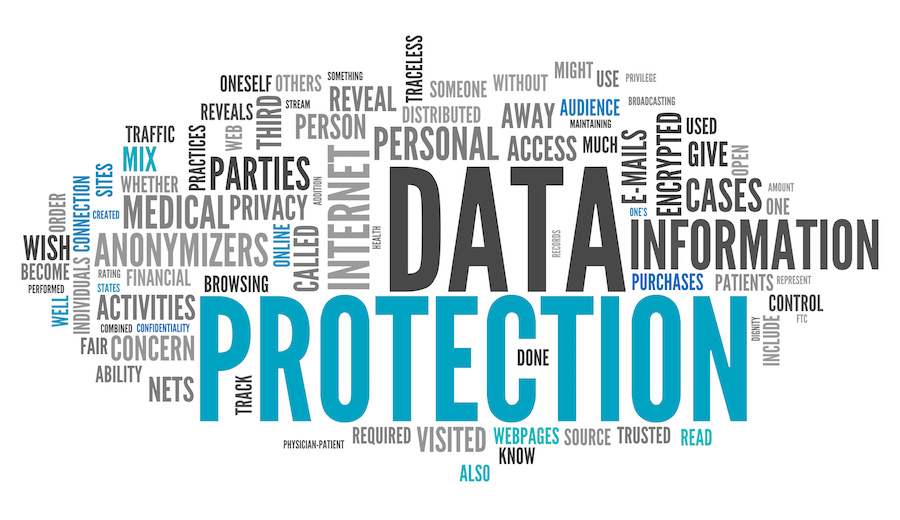Today there are more ways than ever to backup your company’s data. In recent years online storage has become increasingly popular – in place of offsite data backup – as companies turn to cloud computing for assistance with their data management.
Despite its popularity the internet remains a risky environment; with advances in malware and virus technology perpetrators are increasingly going online to perform criminal activity. Whilst you may create most of your data online there is no reason for you to continue keeping it in the virtual wilderness.
Cyber criminals have long realised that information is most vulnerable when stored on the internet. Information online is easily accessible, and whilst that may seem advantageous to your business, it can also make it harder for you to protect your data from third party infiltration. Data which is unencrypted online is especially vulnerable. Recently unencrypted NHS patient information was targeted; an Information Commissioner’s Office report revealed that up to 10,000 patients were affected by the breach.
An audit revealed that employee passwords were being used to access confidential information and data was not being adequately monitored online. The NHS has been a target for cyber criminality on several occasions over the past few years and continues to act as evidence that this type of criminality is a real problem in the UK.
To learn more about how you can securely store your data check out our post: A look at Data Protection in the UK and the US
The Advantages of Storing Data Offline
Keeping your data offline might seem outmoded and indeed offsite data backup and storage companies have been around for decades. However, storing your data offline might just prove to be the most secure way of managing your information.
Even companies that thrive on technological advances still resort to offsite data storage. For example the Bitcoin exchange company, Coinbase, now stores 87% of its customer’s assets offline. By keeping your data offline you are giving your company the option to store your information at an offsite location. This is practical for any company that deals with high volumes of information as it enables you to keep all your data in one place as data stored offline is removable.
Most secure offsite storage facilities have 24 hour manned security at their disposal and CCTV cameras in operation. Your tape, film or media data will all typically be stored in PELI cases so that you can be assured that your hardware is as protected as possible. Even if you’re a company that still relies mostly on manual documents you might find that a partnership with an offsite facility is a great first step towards a hybrid records management programme.
Offsite data backup is undoubtedly easier to monitor and destroy than data floating in the cloud.
Most competitive offsite storage facilities will be able to securely destroy data stored offline on devices such as hard drives, USB drives, CDs/DVDs and media tapes. Data that is online might be stored on a number of different networks and servers. Tracing and then effectively disposing of this information is likely to prove problematic.
Every business should strive to have a secure and reliable disaster recovery plan in place. A disaster recovery plan is vital for business continuity and so it is key that your company creates a plan that works best for you. Offline data management often proves itself to be most effective during times of disaster especially in instances of cyber criminality.
If your company’s information is lost to a viral attack you can still feel reassured in the knowledge that you have access to backup data stored offsite. Data which you can have access to within hours.











